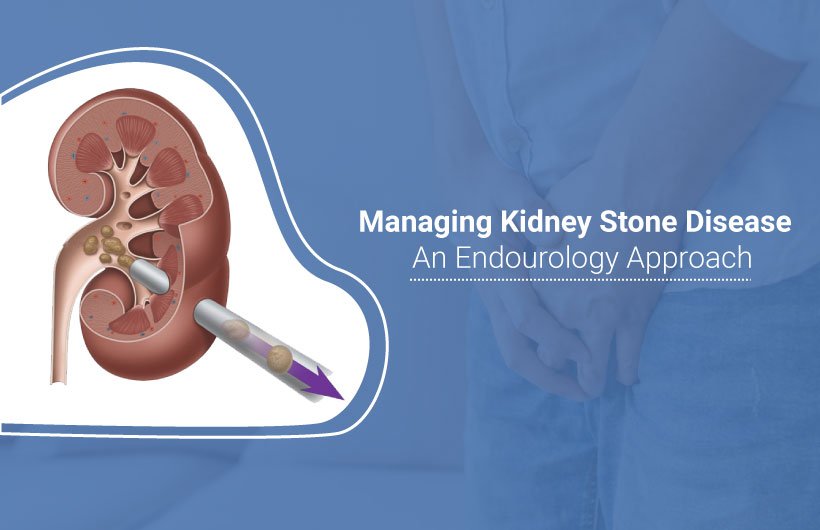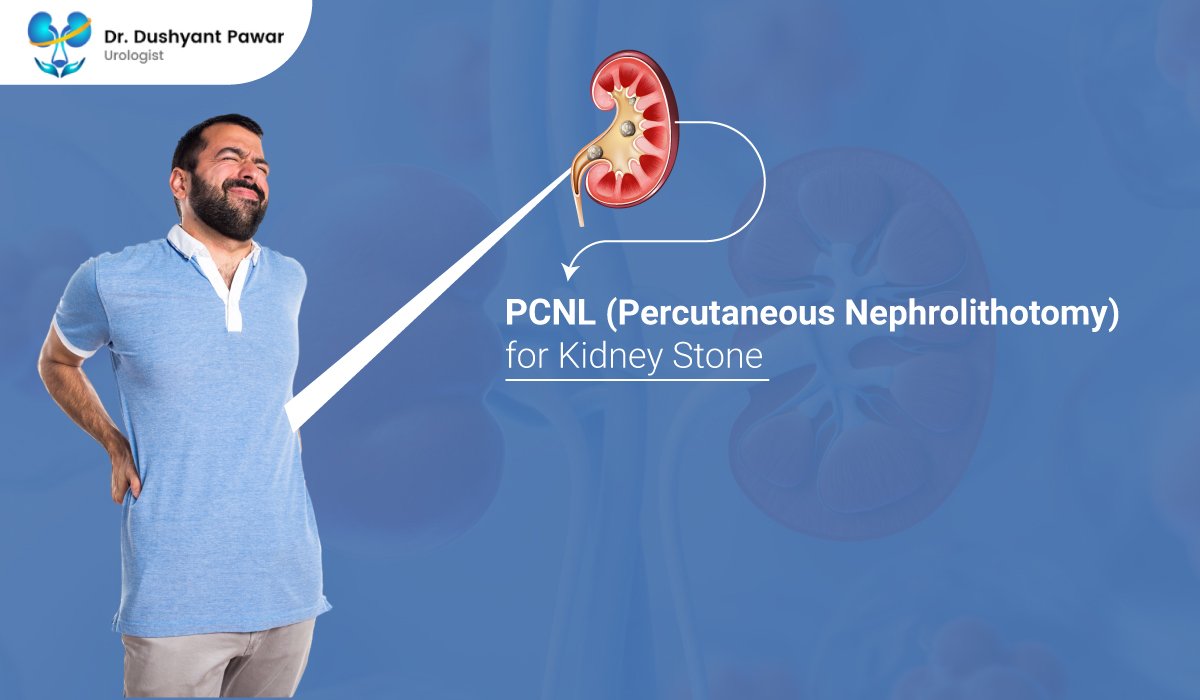Kidney stones are a common yet painful condition that affects millions worldwide. While some stones pass naturally, others require medical intervention. But at what point does a size of kidney stone necessitate surgery? This guide will help you understand the thresholds for kidney stone removal surgery, various kidney stone treatment options, and how to find the best treatment for kidney stones for your condition.
Table of Contents
Understanding Kidney Stone Sizes and Their Impact
The size of kidney stones plays a critical role in determining whether they can pass naturally or require medical intervention. Here’s a general classification:
- Less than 4mm: Typically passes on its own with increased hydration.
- 4mm to 6mm: May pass naturally but can be painful; medical guidance is recommended.
- Larger than 6mm: Likely requires medical intervention such as medication, lithotripsy, or surgery.
- Larger than 10mm (1 cm): Almost always requires kidney stone removal surgery due to the high risk of blockage and severe pain.
When Does a Kidney Stone Require Surgery?
While small kidney stones may pass without complications, larger stones often necessitate intervention. You may need kidney stone removal surgery if:
- The stone is larger than 6mm and does not pass independently.
- There is persistent pain despite medication.
- The stone is causing urinary tract obstruction or infection.
- You experience recurrent kidney stones.
Kidney Stone Treatment Options
There are several kidney stone treatment options depending on the stone’s size, location, and composition:
- Medication and Hydration – Recommended for small stones (less than 6mm) to help them pass naturally.
- Extracorporeal Shock Wave Lithotripsy (ESWL) – Uses sound waves to break stones into smaller pieces, allowing easier passage.
- Ureteroscopy (URS) is a minimally invasive procedure with a small scope to remove or break the stone.
- Percutaneous Nephrolithotomy (PCNL) – Used for larger stones, requiring a small incision in the back to remove the stone directly.
- Laparoscopic Surgery – Required for extremely large or complex stones that cannot be treated with other methods.
Choosing the best treatment for kidney stones depends on various factors, including your medical history and the stone’s composition.
Finding the Right Specialist for Kidney Stone Surgery
If you require kidney stone removal surgery, consulting the best urologist for kidney stones is crucial. A skilled specialist will assess your condition and recommend the most effective approach for stone removal while minimizing complications.
For those in Gujarat, seeking a kidney stone specialist in Ahmedabad ensures access to advanced treatment options and expert care.
Conclusion
Knowing when the size of a kidney stone requires surgery is essential for timely intervention and effective treatment. If you are experiencing symptoms or need expert advice, consult Dr. Dushyant Pawar, a leading kidney stone specialist in Ahmedabad, for the best treatment of kidney stones. His expertise in kidney stone treatment options ensures that patients receive top-quality care tailored to their specific needs.





